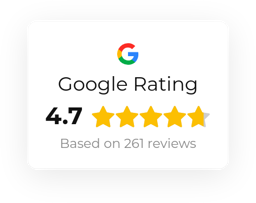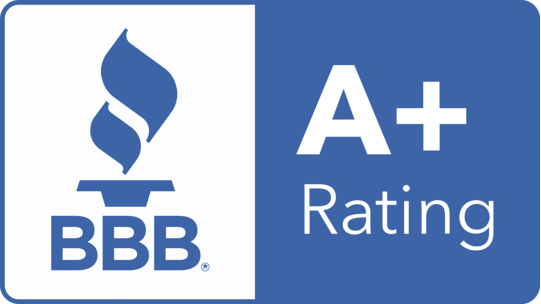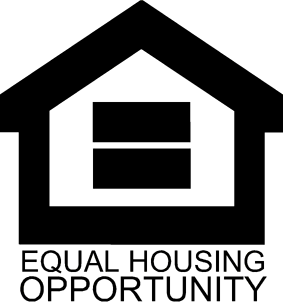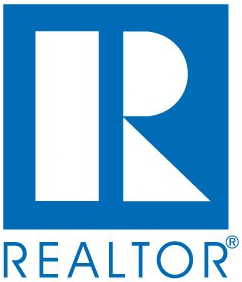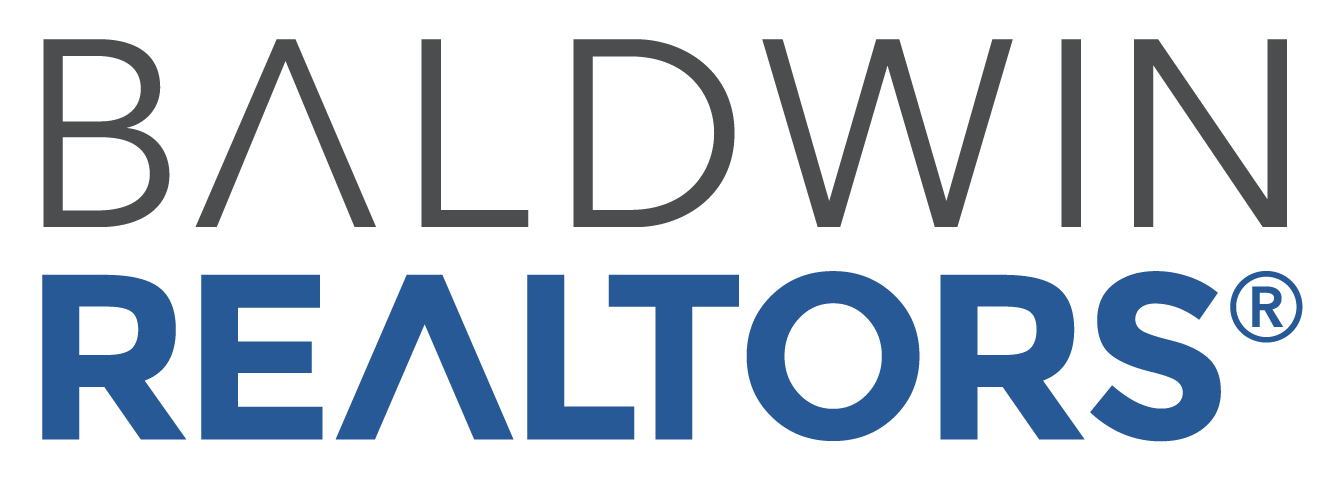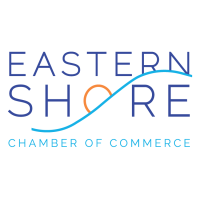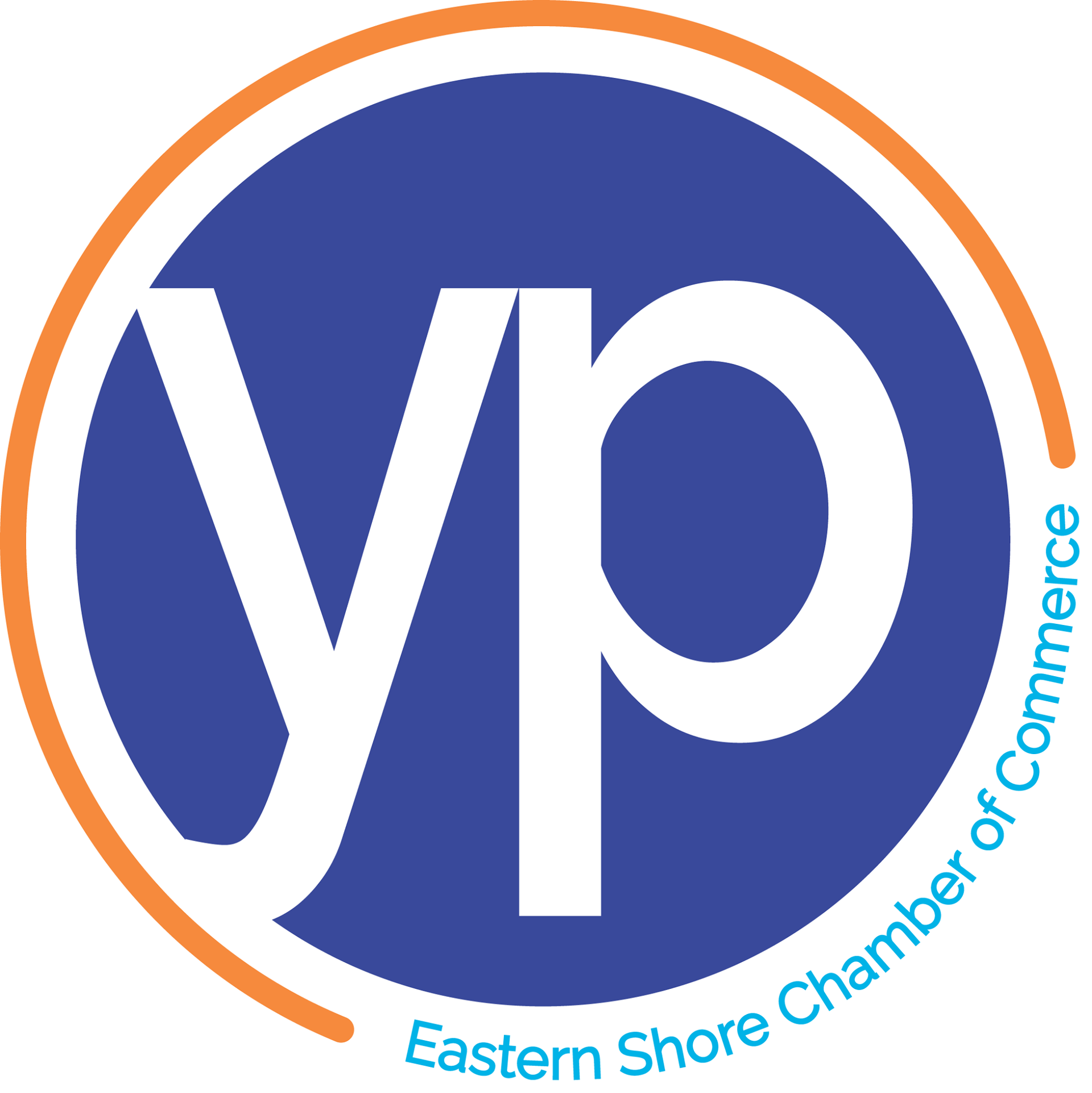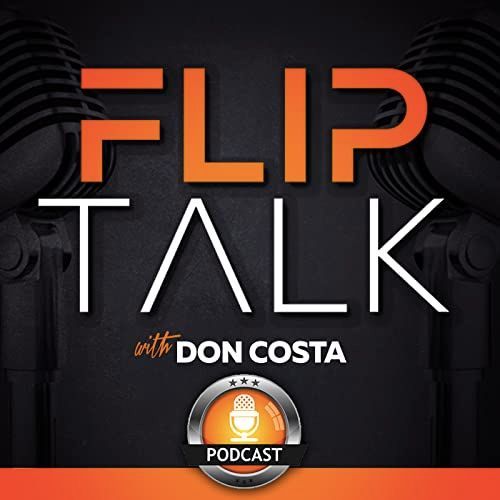2024 Election & Your Portfolio
How the 2024 Election Could Reshape the Gulf Coast Rental Market

The upcoming election could have a significant impact on the property rental market in the Gulf Coast, where coastal living, tourism, and a steady demand for rental properties combine to create a dynamic real estate landscape. Elections at all levels—national, state, and local—introduce potential shifts in policies, regulations, and economic conditions that influence the rental market, shaping trends for renters, landlords, and investors alike.
1. Economic Policies and Their Impact on Rent Prices
One of the main ways elections affect the rental market is through economic policy changes. Depending on the elected officials and their fiscal priorities, the economy could experience various shifts that impact wages, job availability, and inflation—factors that play a crucial role in rent affordability and demand. For instance, if new policies are implemented to spur job growth or increase wages, renters may be more capable of affording higher rents. Conversely, if economic uncertainty prevails or inflation continues to rise, renters may struggle with affordability, potentially leading landlords to stabilize or lower rents.
In the Gulf Coast, where tourism is a significant economic driver, economic policies that support or hinder tourism could also influence rental demand. Vacation rental properties, which contribute a large portion of the rental market, might see shifts based on policies related to tourism and vacation rentals.
2. Tax Policies Affecting Property Owners and Investors
Tax policies are another critical factor impacted by elections. Local and national tax laws, especially around property taxes and capital gains taxes, affect property owners and landlords directly. If a new administration or local officials choose to increase property taxes to generate revenue, it could impact landlords’ profit margins. Some property owners may decide to pass these additional costs onto renters by raising rent prices, while others might consider selling their properties if maintaining them becomes too costly.
Alternatively, a favorable tax environment with tax breaks for property owners and investors may encourage more real estate investments. If policies are put in place that incentivize property ownership or make real estate investment more attractive, it could lead to a greater supply of rental units and possibly stabilize or reduce rental prices due to increased competition.
3. Housing Affordability Programs and Rent Control
Elections often bring discussions about housing affordability and rent control policies to the forefront. New leaders may advocate for or against measures like rent control, housing subsidies, or affordable housing development, each of which can reshape the rental market significantly. Rent control, while often controversial, is a tool used by some local governments to cap rent increases and protect tenants from sharp price hikes. If new leadership enacts rent control measures in Gulf Coast areas, it could slow rent growth, making rentals more accessible for tenants but potentially limiting revenue for landlords.
On the other hand, policies that promote affordable housing developments or tenant subsidies could expand access to housing. For example, increased funding for affordable housing or tax incentives for developers who build low-income housing could help address housing shortages in the Gulf Coast region. Such measures would benefit renters by offering more affordable options while increasing competition for private landlords in the market.
4. Environmental and Infrastructure Policies
The Gulf Coast faces unique environmental challenges, particularly due to the frequency of hurricanes and coastal erosion. Election outcomes may influence environmental policies that address these issues, such as funding for flood control, disaster response, and coastal preservation. Policies that allocate more funds to protect coastal communities from natural disasters and maintain infrastructure could make the Gulf Coast rental market more stable by reducing the risks and costs associated with property damage.
In addition, policies supporting infrastructure improvements, such as transportation or energy efficiency programs, could attract more residents and renters to the region. Improved infrastructure often increases property values and desirability, which could benefit landlords but may also increase rent prices due to higher demand and property value appreciation.
5. Immigration and Workforce Policies
Immigration policies also play a role in the Gulf Coast rental market. The area has a strong workforce in tourism, construction, and hospitality—industries that often rely on immigrant labor. Changes in immigration policies following an election could influence the availability of labor, impacting both the economy and demand for rental housing. If new policies reduce the workforce, it could potentially decrease rental demand, while more lenient policies might boost demand as workers settle in the region.
Final Thoughts
As the upcoming election approaches, landlords, investors, and renters in the Gulf Coast region should stay informed about proposed policy changes that could impact the property rental market. From tax regulations to affordable housing initiatives, new policies could reshape market conditions. For stakeholders in the Gulf Coast, understanding these possible changes can be key to preparing for and navigating the post-election rental landscape.











